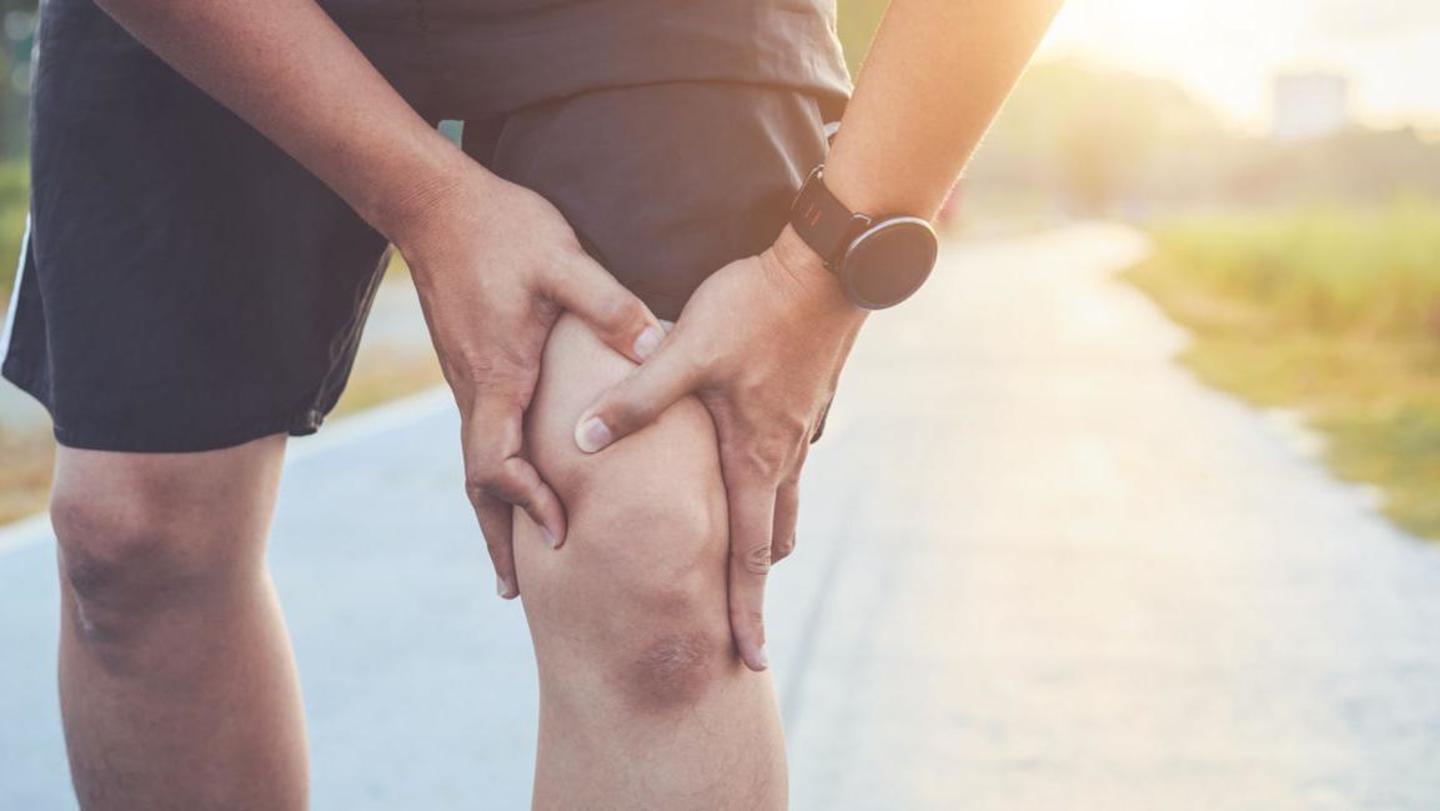
Why do our joints make creaking and popping sounds?
What's the story
The creaking and popping of joints is pretty common and can happen at any age, but becomes more prevalent as we get older.
Most of the time, such sounds are harmless and in medical terms, this condition is known as crepitus.
When the nitrogen bubbles in the synovial fluid get trapped between our joints, they are released during movement, which results in creaking sounds.
Reasons
What are the possible reasons for such noises?
Experts say that some of the main reasons for such noises are that when our muscles tighten around, it can cause them to grind with the movement.
It is also said that our protective cartilages, at times, can wear away and cause rough areas, which results in bones no longer gliding smoothly against each other.
Sometimes, a ligament can also tighten with movement.
Danger
When do we need to worry about such noisy joints?
You do not have to worry about such alarming joints if they are painless. The noises tend to increase with age but are not a cause of concern if they are painless.
However, these noises can also be linked to arthritic damage to the cartilage and bones.
There are several types of arthritis that can cause swelling and change the way our joints move.
Crepitus
Is crepitus linked to a respiratory disease?
Crepitus might also be described as sounds that originate from our lungs and are often known as "crackles."
Such sounds could indicate a respiratory disease and sometimes, they may be audible without a stethoscope.
Among other conditions, crepitus is found to be common with pulmonary edema, which is linked with congestive heart failure. Some other conditions also include pneumonia, interstitial lung diseases, and bronchitis.
Treatment
Can we avoid such noises made by our joints?
Doctors say that one of the most efficient ways to avoid such creaky joints is to move your body as much as possible during the day.
When we move, our body lubricates itself and keeps us away from such popping sounds made by our joints.
In many cases, water intake can also assist our joints to lubricate.